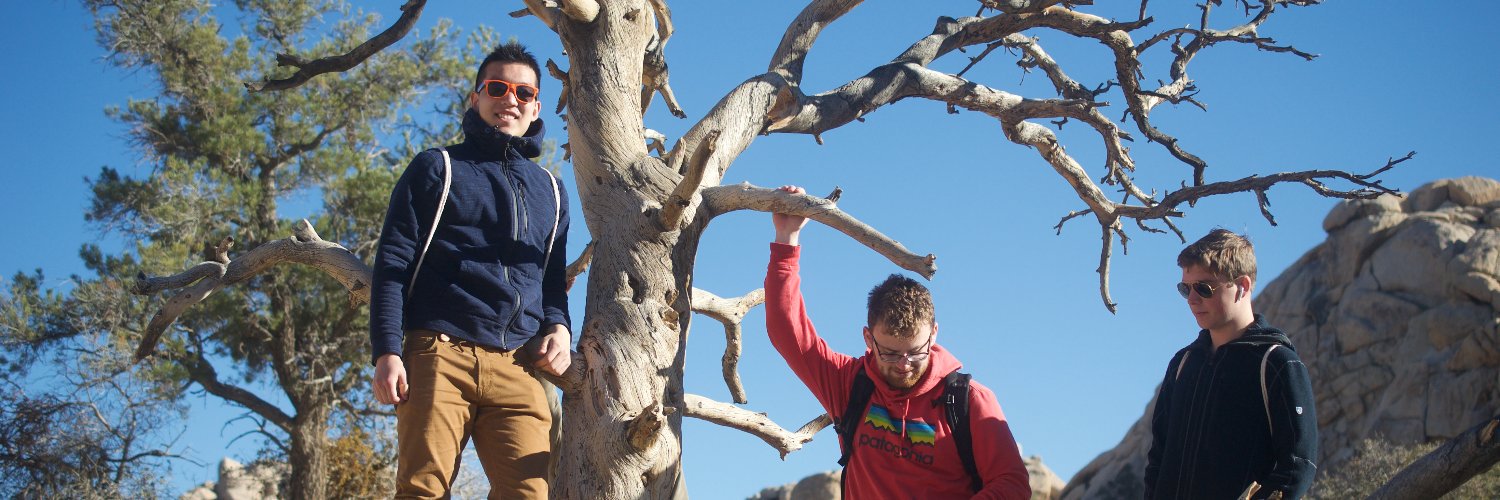
Teng Gao
@tGaoTeng
Postdoc @BostonChildrens @broadinstitute | Bioinformatics 🧬 PhD from @harvardmed. Using genomics to study hematopoietic stem cells in aging and regeneration
Aneuploidy is a defining feature of cancer cells, but is it also present in healthy normal tissues? In our paper out today on @NatureGenet, we report hundreds of mosaic chromosomal alterations (mCAs) found in diverse tissues from #GTEx. A thread (1/7) nature.com/articles/s4158…
What do you do when grants are cancelled, faculty searches are frozen, and the ability to do the science you believe in is slipping out of reach? I wrote an essay. On efforts to solve aging with reprogramming, the primacy of the epigenome, and the path to rewriting our future:
WHY DOES THE EPIGENETIC CLOCK TICK? While money has been poured into developing therapies to reverse the epigenetic clock (@altos_labs 🤑), why the epigenome changes with age at all is unclear. In @NatureAging today, we suggest a potential driver: somatic mutations.
Delighted to share our study out in @CellStemCell today from the dream team @PapaemmanuilLab @iannisaifantis1 @AkEisfeld @landau_lab! We profiled IDH-mutated AML patients to define how IDH and co-mutations shape the disease at baseline and responses to IDH-inhibitors. 🧵👇
Thrilled to join the 2024 cohort of @DamonRunyon fellows!
Incredibly proud of @tGaoTeng from our lab, who is a recipient of the @HHMINEWS-@DamonRunyon fellowship!!! Congratulations, Teng!! damonrunyon.org/news/entries/8…
Today, we at OpenAI launched Deep Researcher and I wanted to share a deeply personal story about how amazing this tool is and how it will change the world. Trigger warning, related to cancer....1/9
Thrilled to see our work out today! It’s been a joy to be a part of this incredible team! 🧬🩸
🎉Excited to present our latest work out today @Nature 1.What gives a leukemia its phenotype – the oncogenic driver or the differentiation stage of the cell-of-origin? 2.Why do RAS mutations always happen late in AML? 3.Who will relapse after VEN? nature.com/articles/s4158…
I'm thrilled to share our new study of the spatial evolution of Kras;p53-driven mouse lung adenocarcinoma! It's been fantastic leading this with @dianyang1117 & @sundakao, and enjoying a long-standing collaboration with @JswLab @YosefLab & @insitubiology. biorxiv.org/cgi/content/sh…
Very excited to share our preprint demonstrating that common genetic variants contribute to variable expressivity in rare telomere biology disorders! Highlights below 1/ medrxiv.org/content/10.110…
Submitting my revised manuscript this week, and it’s safe to say this remains my favorite point-by-point response to reviewer 🥲
It's great to see my first paper of the PhD published in @NatureBiotech! go.nature.com/47ARizC. This describes our scRNA-seq method, scITD, for analyzing how the transcriptional states of multiple cell types are linked across patients. A few highlights from the paper:
Transformation of fetal Schwann cell precursors (SCPs) may represent one possible mechanism of tumour initiation in #neuroblastoma with chromosome 17 aberrations as a characteristic element. New KI study published in Molecular Cancer @BioMedCentral. doi.org/10.1186/s12943…
Respect to Chen for addressing these concerns so constructively. A key point here is that majority (2/3) of the one-molecule mutations have high average support across cells (i.e., they're not LMHCs). They contain valuable lineage information and shouldn't be discarded.
A recent commentary in bioRxiv discussed data analysis for our mtDNA-based lineage tracing technology ReDeeM. We welcome the points raised and are happy to address these concerns. We believe this will foster constructive dialogue (1/n) doi.org/10.1101/2024.0…
There has been confusion over mitochondrial mutation detection, consensus variant calling, and lineage tracing in single cells. Here, we detail how ReDeeM addresses these challenges, improving detection of mtDNA mutations by 10-fold and lineage tracing. Led by @chenweng1991 and…
Hi #ScienceTwitter! Is there a good book on biotech you would recommend? I recently read 'Genentech: The Beginnings of Biotech' and loved it.
I am tremendously grateful and fortunate to work with such an amazing group (and some additional folks who could not join us)!!!
Which #MDSsm patients are most likely to have UBA1 mutations associated with #VEXAS syndrome? Our study now out in @BloodJournal: Molecular and clinical presentation of UBA1-mutated MDS by @PapaemmanuilLab, @Elsa2Bernard, @MariaCreignou, David Beck, MDS IWG-PM & @MDSFoundation